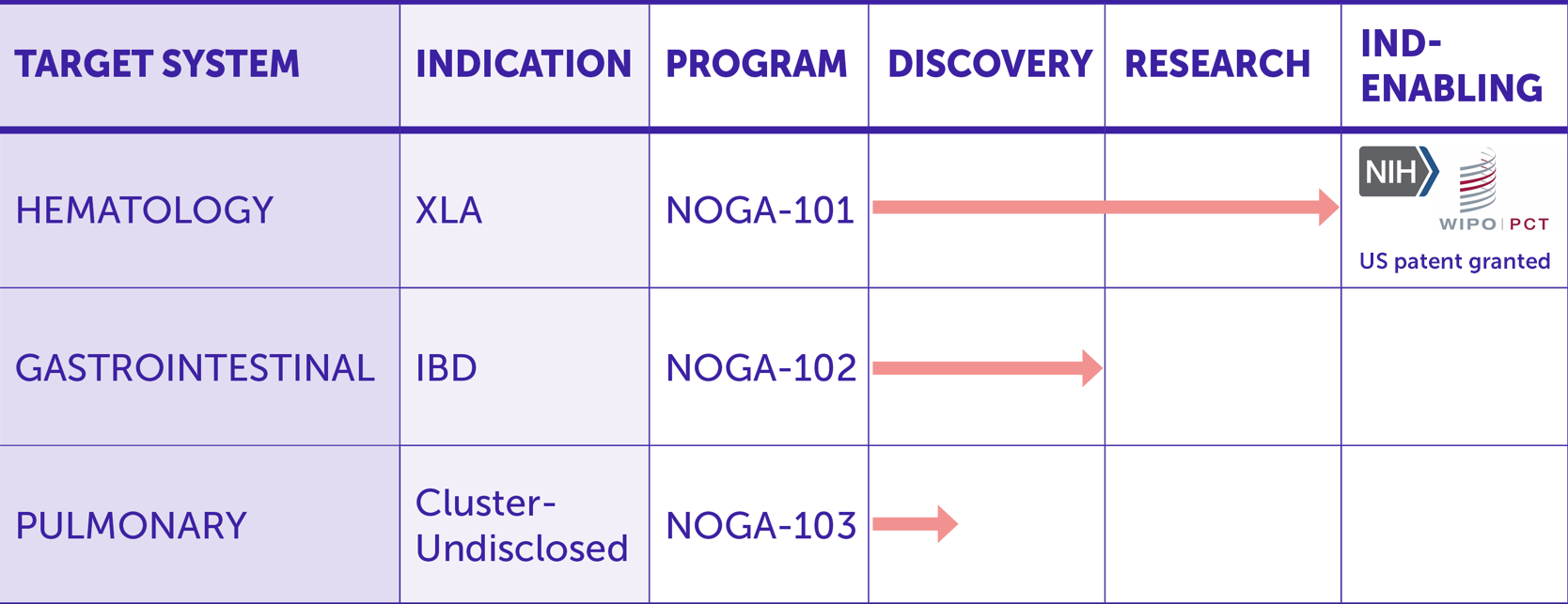
XLA is a rare genetic primary immunodeficiency caused by a mutation in a gene named BTK. This genetic mutation leads to a failure of B-cell maturation and disrupts the ability of the patients to produce antibodies. Without treatment, XLA patients would suffer from recurrent infections that will eventually lead to death.

Current therapy consists of life-long administration of pooled human antibody replacement therapy and targeted antimicrobial agents. This treatment is insufficient, and even with treatment, XLA patients have a reduced lifespan and suffer frequent and serious health complications.
NOGA-101 is a lentiviral vector-based gene therapy designed to re-engineer XLA patient’s own stem cells by delivering the BTK gene directly to stem cells. Upon stem-cell reprograming, patients regain the ability to develop B-cells and produce antibodies, essentially being cured from the disease after a single treatment.
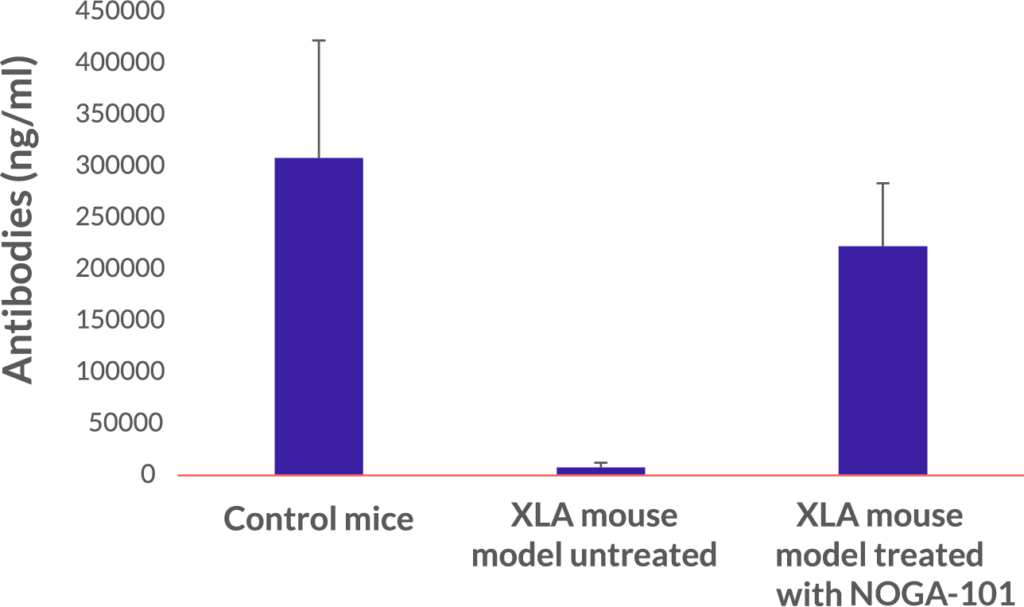


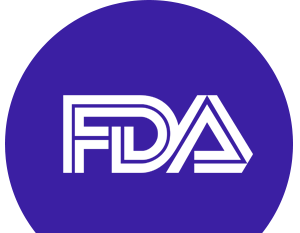
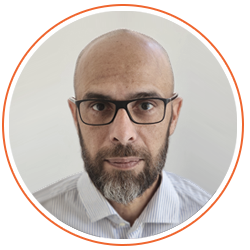
A 22-year entrepreneur who founded a Nasdaq-listed company and has invested in
numerous businesses. Currently leads a family office. Holds a B.Sc. in Business Administration and Economics from Tel Aviv University.



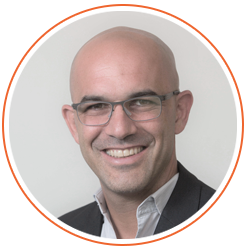
Founded Emendo Biotherapeutics, a leading CRISPR company acquired by Anges, Japan for $295M. An advisor for biomed companies on IP strategies. Holds a PhD from the Weizmann Institute of Science.

Dr. Eytan Abraham heads Resilience cell, gene and nucleic acids Franchises. Dr. Abraham holds a Ph.D. in developmental and molecular biology from the University of Maryland Biotechnology Institute, and a post-doctorate in cell-therapy and tissue engineering from the Harvard-MIT Biomedical Engineering Center and Harvard Medical School. Dr. Abraham is an experienced scientist and business leader with expertise in basic and applied biological and cell therapy R&D as well as in management, technology, and commercialization.

An internationally recognized physician-entrepreneur, executive and investor, with over 20 years of clinical and industry healthcare experience. Founder at MedExplore Ventures and of a number of HealthTech/Biotech Companies. Previously, General Partner at a HealthTech PE fund and VP At Eli Lilly.




Dr. Yeal Weiss is currently CEO of Mahzi Therapeutics, a company focused on the development of therapies for ultra-rare genetic neurodevelopmental disorders. Dr. Weiss completed her MD at Hadassah Medical School at the Hebrew University in Jerusalem and her PhD at the Weizmann Institute of Science in Rehovot, Israel. She has over 20 years of industry experience in medical/clinical and business development roles at Genzyme, Merck and Ultragenyx. Dr. Weiss is a member of the NIH driven Bespoke Gene Therapy (BCTG) consortium, ASGCT translational committee, N=1 collaborative and is a 2022 Termeer Fellow. Board member/advisor to ADNP and FOXG1 foundations.
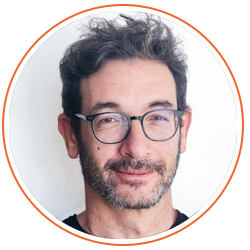
20 years of experience in complementary medicine, former head of the Chinese Medicine Unit at Sheba Hospital. Founder of the Association for Noga (Her Way), An advocate and director in the rare disease world. Holds a BSc. From Brighton University.


Extensive experience in cell and gene therapy. Led the recently approved hemophilia A program at Spark Therapeutics and the earlyphase oncology development at Enlivex Therapeutics. Holding a PhD from the Technion.




10 years of experience in leading R&D projects in the industry, with extensive understanding of gene & cell therapy, holding a PhD from the Weizmann institute.

